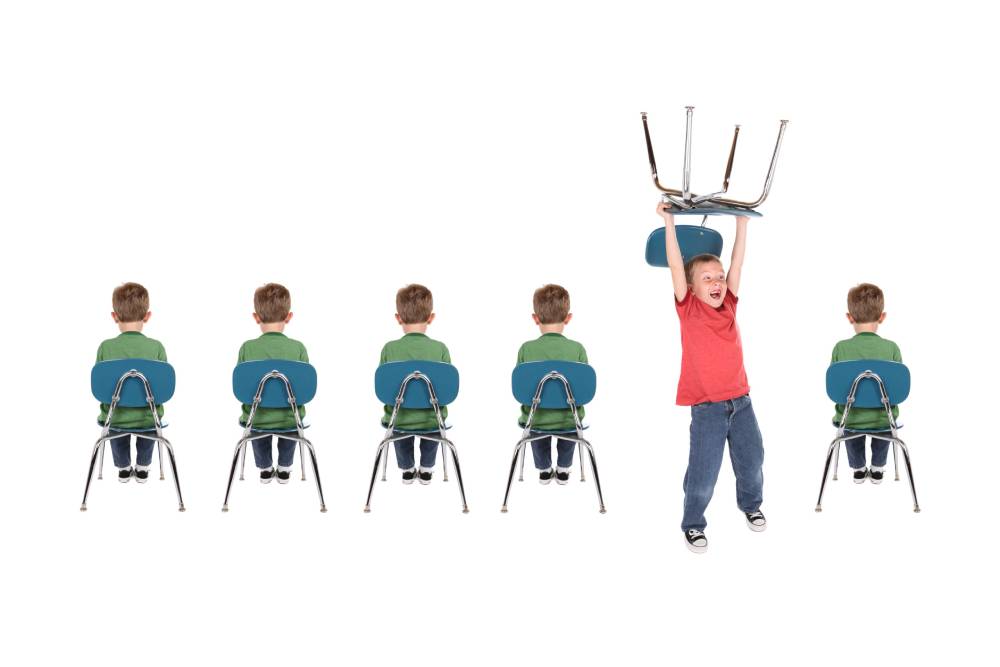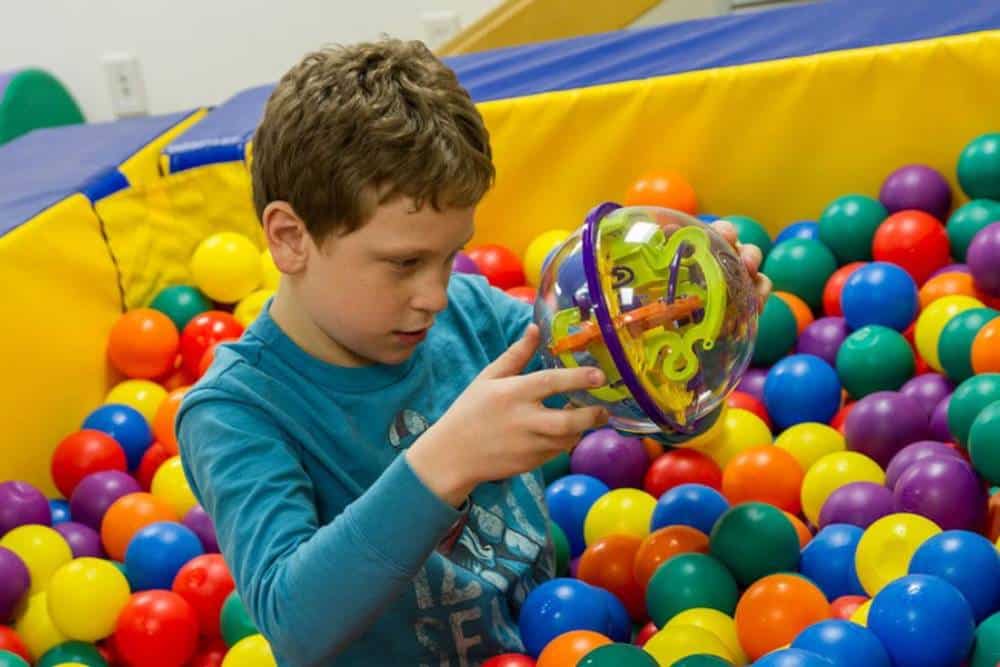Search Our Research & White Papers
>> Download a Comprehensive List of All IM Related Studies <<
Filter Your Results
Interactive Metronome training significantly boosts reading efficiency, fluency, and phonological processing in school-aged children, especially benefiting those with initial poor timing.

Title: Improvements in interval time tracking and effects on reading achievement
Authors: Gordon E Taub, Kevin McGrew, and Timothy Z Keith
Publication: Psychology in the Schools
Keywords:
Uncover how Interactive Metronome training can outperform recess in enhancing mathematics achievement, offering elementary students a fun, non-academic route to significantly improved academic performance.

Title: Effects of Improvements in Interval Timing on the Mathematics Achievement of Elementary School Students
Authors: Gordon E. Taub, Kevin S. McGrew & Timothy Z. Keith
Publication: Journal of Research in Childhood Education
Keywords:
This study published in 'Perceptual and Motor Skills' explores the distinct rhythm intelligences related to language and cognitive abilities in adolescents and young adults. The findings reveal that Interactive Metronome (IM) training effectively evaluates and enhances both microsecond and millisecond timing skills, making it a powerful intervention for speech, language, and reading disorders

Title: Clapping in Time with Feedback Relates Pervasively with Other Rhythmic Skills of Adolescents and Young Adults
Authors: Silvia Bonacina, Jennifer Krizman, Travis White-Schwoch, Trent Nicol, and Nina Kraus
Publication: Perceptual And Motor Skills
Keywords:
Explore the remarkable impact of Interactive Metronome (IM) training on attention, motor coordination, language processing, and academic skills in pre-teen boys diagnosed with ADHD, as this study reveals statistically significant improvements and additional benefits beyond traditional interventions, offering new possibilities for non-pharmacological treatment.

Title: Effect of Interactive Metronome Training on Children with ADHD
Authors: Robert J Shaffer, Lee E. Jacokes, James F Cassiy, Stanley I Greenspan, Robert F Tuchman and Paul J Stemmer, Jr.
Publication: American Journal of Occupational Therapy
Keywords:
Gain insights from experienced Occupational Therapists as they discuss the effectiveness of Interactive Metronome (IM) in addressing sensory processing issues in children, offering valuable perspectives on how IM training can enhance therapy outcomes, improve cognitive resources, and support goal-directed activities.

Title: Theoretical and Clinical Perspectives on the Interactive Metronome: A View From Occupational Therapy Practice
Authors: Jane Koomar, Jeannetta D Burpee, Valerie DeJean, Sheila Frick, Mary J Kawar and Deborah Murphy Fischer
Publication: American Journal of Occupational Therapy
Keywords:
Discover the remarkable connection between mental timing and academic performance in children as this study demonstrates the strong correlation between Interactive Metronome (IM) measures and achievements in various subjects, emphasizing the critical role of brain timing in shaping a child's educational success.

Title: Timing in child development
Authors: Kristyn Kuhlman and Lawrence Schweinhart
Publication: High Scope Press
Keywords:
Discover the powerful impact of Interactive Metronome training on reading and math fluency in at-risk students, as this study reveals significant improvements and grade level advancements in just four weeks.

Title: Learning Problems and the Left Behind
Authors: Dr. Cindy Cason, Ph.D
Publication: White Paper presented at the annual meeting of the National Association of Elementary School Principals
Keywords:
A teenager with Language Learning Disorder showed considerable enhancement in her expressive and receptive language skills following a regimen of Interactive Metronome (IM) training.

Title: A Preliminary Study of the Effects of Interactive Metronome Training on the Language Skills of an Adolescent Female With a Language Learning Disorder
Authors: Jessica J. Sabado and Donald R. Fuller
Publication: Contemporary Issues In Communication Science and Disorders
Keywords:
Unlocking Potential: Hardy Brain Camp Spurs Academic and Behavioral Progress in Youth- A Pilot Study
The Hardy Brain Camp program, inclusive of Interactive Metronome training, yielded significant advances in reading, math, and processing speed amongst students grappling with learning difficulties, demonstrating its potential as a valuable intervention tool in education.

Title: Academic and Behavioral Improvements in 2nd-8th Grade Students in the hardy Brain Camp Program
Authors: Jamshid Damooei, PhD
Publication: White Paper
Keywords:
Combining Interactive Metronome® and ball bounce activity in the Hardy Brain Camp training program demonstrated significant improvements in processing speed, reading fluency, and math fluency among elementary students, as per this evaluation.

Title: Evaluation of the Hardy Brain Camp
Authors: Hannah Grossman with Mary E. Brenner
Publication: White Paper
Keywords:
Interactive Metronome training added to traditional reading interventions significantly enhances reading rate, fluency, and comprehension in children with co-occurring language and reading impairments.

Title: Reading Intervention Using Interactive Metronome in Children with Language and Reading Impairment: A Preliminary Investigation
Authors: Michaela Ritter, Karen A. Colson, and Jungjun Park
Publication: Communication Disorders Quarterly
Keywords:
A comprehensive treatment approach involving chiropractic care and Interactive Metronome training showed dramatic improvements in health, academic performance, and social relationships in a teenager struggling with migraines and learning difficulties.

Title: Chiropractic management using a brain-based model of care for a 15-year-old adolescent boy with migraine headaches and behavioral and learning difficulties
Authors: Kurt W. Kuhn DC, PhD, MS, MS-ACP and Jerrilyn Cambron DC, PhD, MPH, MT
Publication: Journal of Chiropractic Medicine
Keywords:
Unlock the potential of beat synchronization as a measure of sensorimotor timing, a predictor of phonological memory and reading skills, and an innovative remedial approach for language learning impairments in this groundbreaking study published in Brain & Language, showing the relationship between beat synchronization and the maturing adolescent brain.

Title: Incorporation of Feedback during Beat Synchronization is an Index of Neural Maturation and Reading Skills
Authors: Kali Woodruff Carr, Ahren B. Fitzroy, Adam Tierney, Travis White-Schwoch, & Nina Kraus
Publication: Study
Keywords:
Rhythmic skills are essential for language and literacy, and new research suggests that Interactive Metronome can enhance these skills in children, even potentially benefiting those with reading impairments or language deficits.

Title: How Rhythmic Skills Relate and Develop in School-Age
Authors: Silvia Bonacina, Jennifer Krizman, Travis White- Schwoch, Trent Nicol, and Nina Kraus
Publication: Global Pediatric Health
Keywords:
Unveiling the Rhythmic Bridge to Literacy: Harnessing the power of rhythm and synchronization could be a key to boosting literacy in children by engaging overlapping neural mechanisms.

Title: Clapping in Time Parallels Literacy and Calls Upon Overlapping Neural Mechanisms in Early Readers
Authors: Silvia Bonacina, Jennifer Krizman, Travis White-Schwoch, and Nina Kraus
Publication: Annals of the New York Academy of Sciences
Keywords:
















